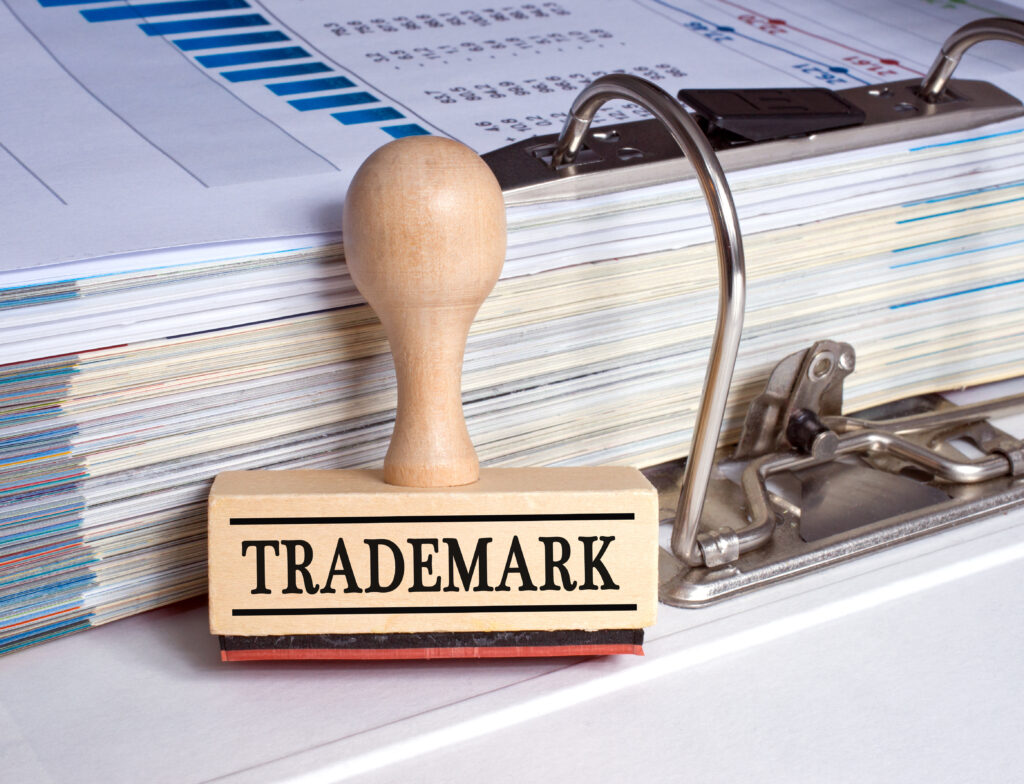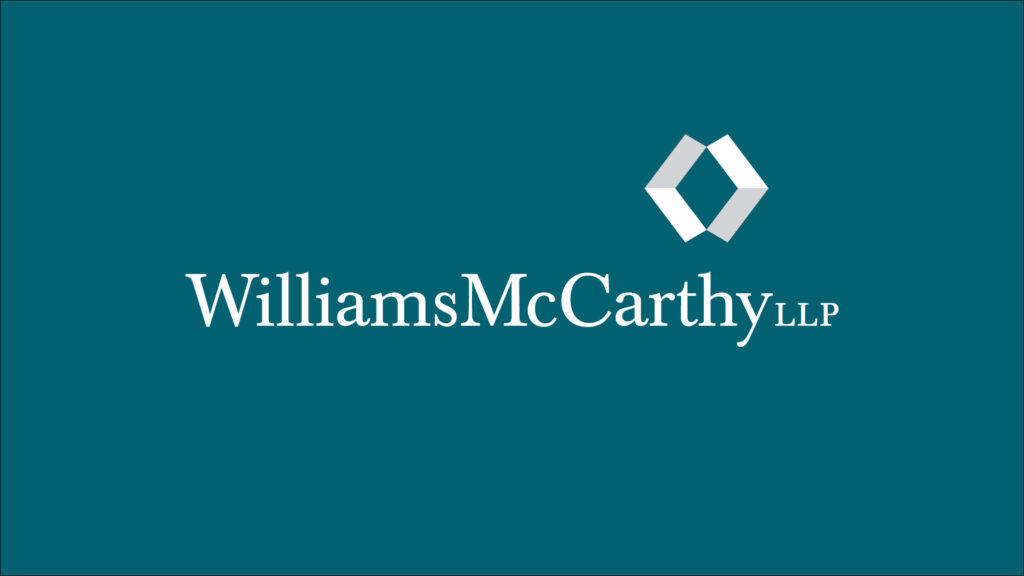[vc_row][vc_column][vc_column_text]Trademarks are an essential part of any business. They represent your goodwill, your reputation, and help people tell the difference between the products and services your business offers and the products and services of others. Here are a few things every business owner should know about trademarks:[/vc_column_text][vc_empty_space][vc_tta_accordion style=”flat” shape=”square” color=”white” active_section=”1″ no_fill=”true” el_class=”attorney_acc”][vc_tta_section title=”What is a trademark? ” tab_id=”1553007632848-ecd115a0-1795″][vc_column_text]
A trademark is any word, slogan, symbol, design, or combination of these things, that identifies the source of your goods and services and distinguishes them from the goods and services of another. A trademark is essentially a brand for goods and services.
Consider for example, Coca-Cola and Pepsi. When you see each mark on a bottle, you immediately know the source of the beverage. The mark on the bottle prevents you from grabbing a Coke when you really want a Pepsi and vice versa. The name Coca-Cola is a trademark in itself, but when displayed in a logo, the wording in that stylized form is also a separate trademark.
A trademark can be a word, slogan, symbol, design, or combination of these things, as well as a sound (think of the MGM lion’s roar), a color (think UPS brown), or even a smell (like PLAY-DOH’s scent). Pretty much anything can be a trademark or service mark, so long as it identifies the source of goods and services and distinguishes them from the goods and services of others.[/vc_column_text][/vc_tta_section][vc_tta_section title=”How is a trademark different from a patent or a copyright?” tab_id=”1553007632904-788ccf41-f2d3″][vc_column_text]A trademark is a brand for goods and services. A patent protects inventions. A copyright protects original artistic and literary works, like songs and movies and books.
To illustrate the differences, let’s say you invented a new appliance. You might apply for a patent for the invention itself. You might also apply for a trademark for the brand name used on the appliance. Finally, you might want to register a copyright for the TV commercial or catchy jingle used to market the product.
Trademarks (for brands), patents (for inventions) and copyrights (for original artistic works) are three different types of protection for a category known as “intellectual property.”[/vc_column_text][/vc_tta_section][vc_tta_section title=”Are domain names (web addresses) trademarks? ” tab_id=”1553007829818-8023054f-66b0″][vc_column_text]A web address (like www.wilmac.com for example) is called a domain name. Having a registered domain name for your company’s website does not necessarily mean you have trademark rights on that web address. In fact, if you register a domain name that includes the trademark of another party, you may have to surrender that domain name. So, a domain name registration does not equal a trademark registration.
A domain name may function as a trademark, so long as it is used in a way that it identifies the source of particular goods and services. For example, AMAZON.COM is used as a web address and it is also registered as a mark for an online retail store.[/vc_column_text][/vc_tta_section][vc_tta_section title=”Are registered business names trademarks?” tab_id=”1553007866149-607dcb7f-6ddd”][vc_column_text]A business name is simply the name under which you do business in a particular state or jurisdiction. A business name registration with your state does not grant you trademark rights. It merely means that a particular state allows you to do business under that name. Of course, a business name can be a trademark if it is used to identify the source of your goods and services and distinguish them from the goods and services of another.[/vc_column_text][/vc_tta_section][vc_tta_section title=”How do I protect my trademark?” tab_id=”1553007896827-0b4af161-6aba”][vc_column_text]To enjoy the nationwide rights offered by a federal trademark registration, you must file an application and receive a registration from the United States Patent and Trademark Office (USPTO). Individual states also offer to register trademarks, but any protection granted is limited to that state.
Picking a trademark and registering it can be a daunting task. While plenty of companies and individuals register their own trademarks, working with an attorney to guide you through the process is highly recommended. Simple registrations with the USPTO typically run from around $1,000 and up, inclusive of USPTO and attorney’s fees.[/vc_column_text][/vc_tta_section][/vc_tta_accordion][/vc_column][vc_column][vc_empty_space][/vc_column][/vc_row][vc_row][vc_column width=”1/4″][vc_single_image image=”8152″ img_size=”medium”][/vc_column][vc_column width=”3/4″][vc_column_text]Joel Huotari is a partner with WilliamsMcCarthy LLP, and his practice includes trademark and copyright registration and litigation. He can be contacted at jhuotari@wilmac.com or (815) 987-8982.[/vc_column_text][/vc_column][/vc_row]






